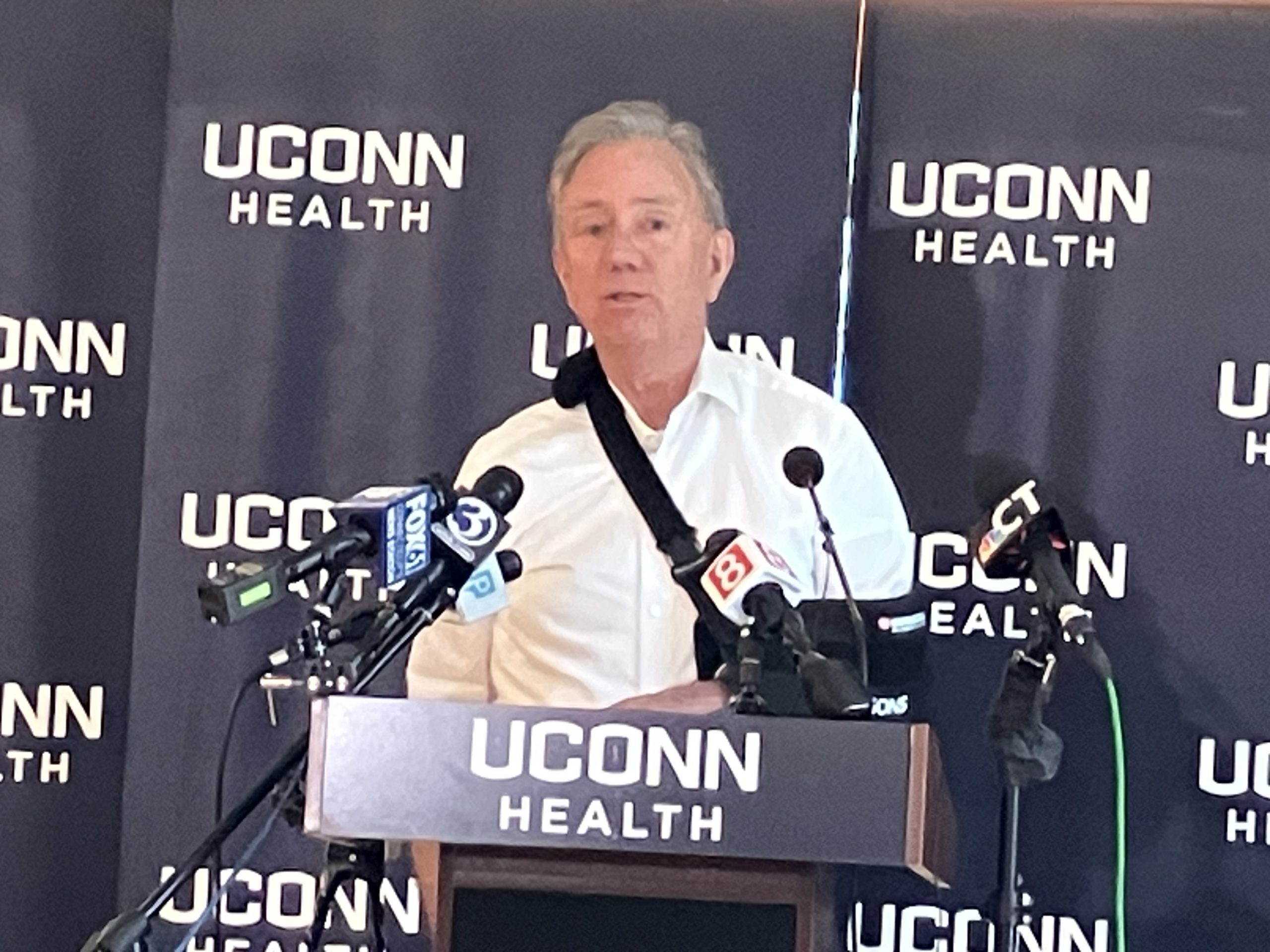Vulnerable Kids at Risk: How Trump's Medicaid Cuts Could Cripple Children's Healthcare

In a controversial move, Republican lawmakers have proposed sweeping changes to Medicaid that could dramatically reshape healthcare access for vulnerable populations. While the GOP claims the reforms are designed to combat fraud and encourage workforce participation among adult beneficiaries, healthcare advocates warn of potentially devastating consequences for children's medical care.
The proposed overhaul threatens to create a complex landscape where fewer medical services and reduced physician availability could directly impact the health and well-being of the most vulnerable patients. By targeting adult beneficiaries' eligibility and implementing stricter work requirements, the plan risks creating unintended ripple effects that may ultimately harm children's healthcare access.
Critics argue that the proposed changes could lead to a significant reduction in pediatric medical services, potentially leaving countless children without critical healthcare support. The GOP's initiative, ostensibly focused on administrative efficiency and personal responsibility, may inadvertently create barriers to essential medical treatment for the youngest and most defenseless members of society.








